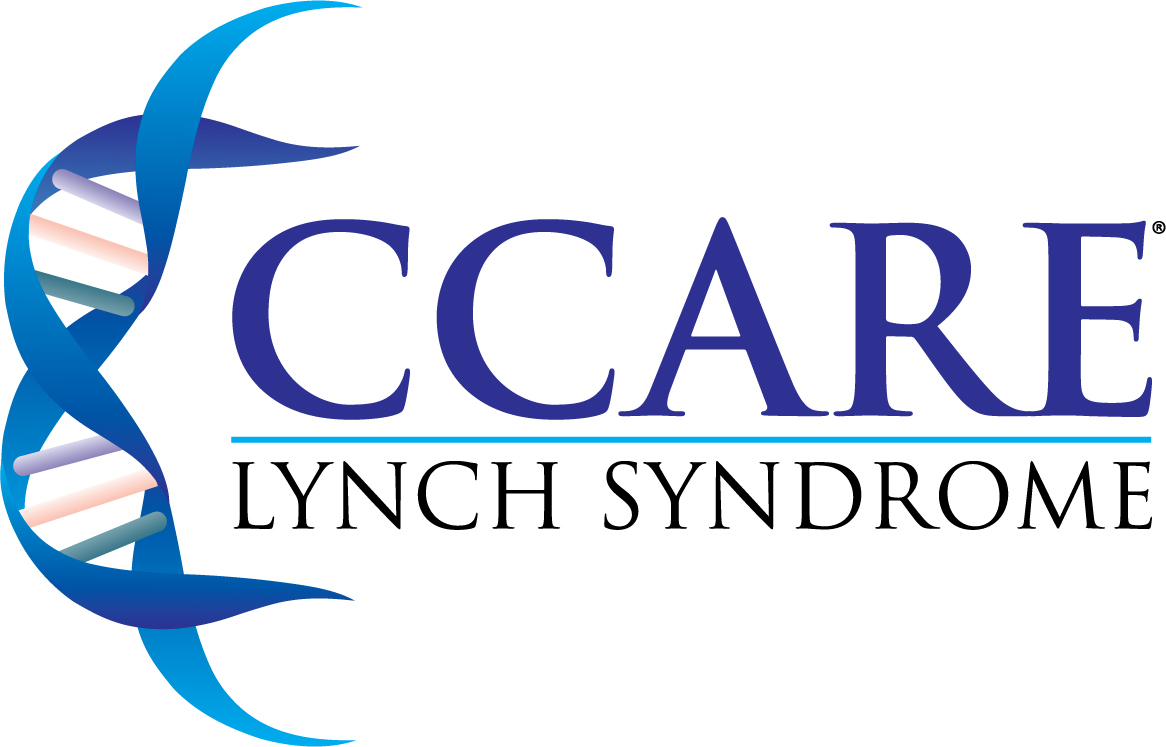
Genetic Testing
Research has revealed that Lynch syndrome is associated with abnormalities in one of five genes. These are MLH1, MSH2, MSH6, PMS2, and EPCAM. While genetic testing 10 years ago cost up to $6,000, it is now available for under $300. Lynch syndrome testing can now be performed through a medical office or direct to the public. Furthermore, it is important for patients to have access to genetic counselors to properly guide them with the results.
Color Genomics offers a comprehensive genetic panel for $299 that includes Lynch syndrome along with other cancers and health risks. It offers direct to consumer or through a physician's office. Invitae and Myriad Genetics are two other excellent labs that offer testing through a physician's office. They routinely bill insurance companies but also offer a "cash price" that will reduce the patient cost to just $250. If cost is an issue requesting that at the time of ordering is best.
MSI Testing - Microsatellite Instability Testing
Prior to today’s genetic panels, microsatellite instability testing (MSI) of the tumor specimen was the first step in evaluating for Lynch Syndrome. Microsatellites are repeated sequences of DNA of the same length. Microsatellite instability refers to an inconsistent length in these repeated DNA fragments. MSI is stable (normal) in 90-95% of tumor specimens, but high (abnormal) in Lynch Syndrome. The cause of this is the damaged mismatch repair mechanism (spell check) not fixing a replication error. This error then inactivates or alters a tumor suppressor gene resulting in uncontrolled growth. Since cancer patients with abnormal MSI did much better with pembrolizumab (Keytruda) in randomized controlled studies, MSI is now a key criterion for using the new immunotherapy cancer treatments. MSI testing costs around $500.
IHC Testing – Immunohistochemical Testing
The next step is a blood test for IHC or Immunohistochemical testing. This tests if the protein products that the 4 common Lynch Syndrome cancer genes produce are found in the blood stream or not. If these protein products are absent, the risk for Lynch Syndrome increases. The MLH1 and PMS2 genes produce protein products that normally form a complex together. Likewise, the MSH2 and the MSH6 genes also make proteins that bind together. Therefore, for IHC testing, we are looking if there are low levels of either the MLH1/PMS2 or MSH2/MSH6 complexes. IHC testing normally costs around $500.
If the MLH1/PMS2 complex is not found (no methylation), it may be from Lynch Syndrome or secondary to the tumor itself. Sometimes tumors alter a protein by adding on an extra methyl group. This alters the identity and function of the protein. If a patient’s family history is strongly positive for Lynch and the MLH1/PMS2 protein complex is not found, then the person has Lynch Syndrome. However, if there is a weak family history for Lynch Syndrome, BRAF testing should be done.
BRAF Mutation Testing
BRAF tests for the V-600 E mutation in the BRAF gene. A BRAF test should be done if the MSI test is positive and the MSH1/PMS2 test is abnormal with decreased proteins (no methylation). If the BRAF is positive (shows methylation), this lowers the risk of having Lynch Syndrome as the cause of the cancer. It is instead a different type of tumor causing an “epigenetic” effect. This occurs when the tumor alters the proteins after they are made, so they do not function properly. The BRAF mutation is associated with birth defects and the following cancers: non-Hodgkin lymphoma, colorectal cancer, malignant melanoma, papillary thyroid carcinoma, non-small cell lung carcinoma, and adenocarcinoma of lung. BRAF testing costs about $200-$300. If the BRAF testing is negative, testing should proceed for the MLH1 gene, to confirm Lynch Syndrome.
Genetic Counselors
Genetic counselors are trained to work with the old fashioned method of MSI, IHC, and BRAF testing and the newer gene panels. By determining which subgroup a person with Lynch syndrome is in a detailed risk factor analysis for different cancers can be ascertained. Since Lynch Syndrome is an autosomal dominant genetic disorder, extensive genetic screening should go up and down the family tree, to identify all affected individuals. For this reason, genetic counselors are often a great resource to coordinate, test, counsel, and institute the proper screening procedures for affected family members.

